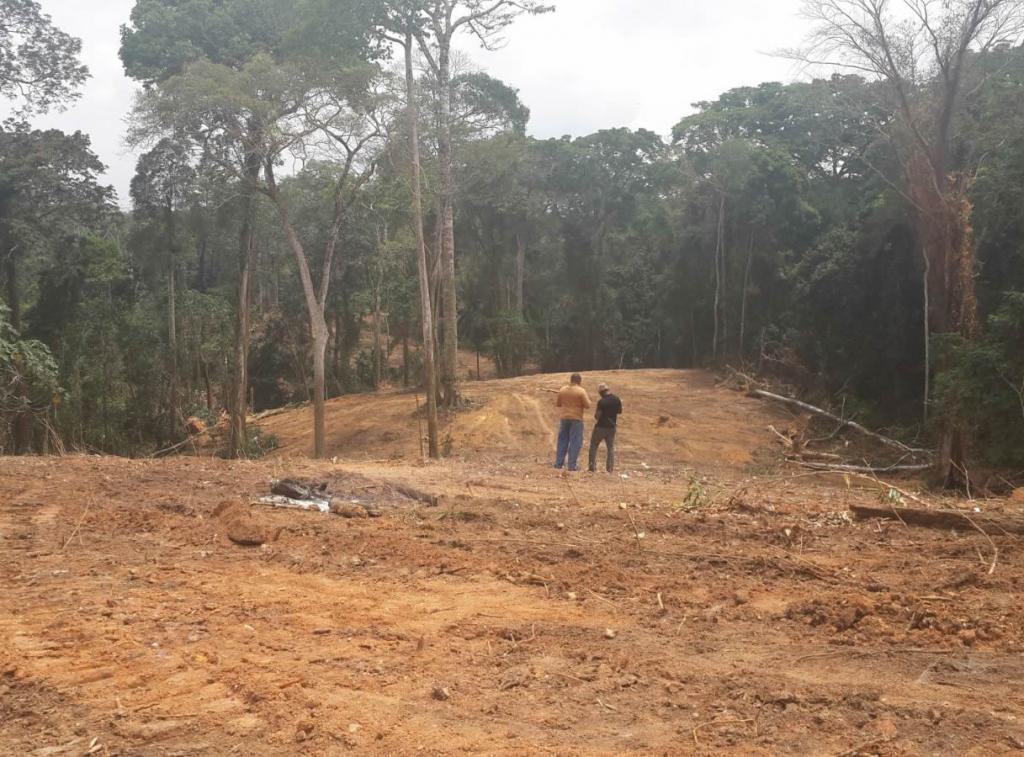
Experts in Abuja, Nigeria have called on the government and other stakeholders in the environment sector to acquire more lands to achieve the 25-per-cent vegetation cover for the country.
The ecologists, who gave the advice on Wednesday while commemorating the International Day of Forests revealed that Nigeria had less than 10-per-cent forest cover.
They said that United Nations’ Food Agricultural Organisation (FAO), in its recommendations and standards for sustainable development, had recommended 25-per-cent forest cover for every country.
The United Nations has named March 21 every year as the International Day of Forests, with the aim of raising global awareness of the importance of all types of woodlands, trees and forests.
Mr Habib Omotosho, the National Coordinator, Environmental Advancement Initiative, said that governments and other stakeholders must go outside the existing forest reserves to designate new forest areas in efforts to achieve the 25-per-cent forest cover for Nigeria.
He urged the stakeholders to swing into action by way of acquiring agricultural lands, park lands and fallow lands to bridge the gap.
According to him, forestation in Nigeria has reduced drastically as a result of development and other factors which have depleted existing forest reserves across the country.
Mr Dennis Ugwuja, the Executive Director, Climate Change Mitigation and Adaptation Initiative, another non-governmental organisation (NGO), underscored the need to plant more trees to mitigate the effects of climate change.
Ugwuja, who said that poverty and other economic factors were responsible for the large-scale deforestation in the country, called for immediate actions and regulations as well as stringent measures to check indiscriminate tree felling and bush burning across the country.
“Due to poverty and other economic factors, more people in the rural areas engage in the business of tree felling.
“Charcoal business has become the booming business of the day. The worrisome aspect of this is that the tree fellers make little or no effort to plant new trees.
“It is common knowledge that our environment is our heritage, which we are entrusted to optimally protect, preserve and conserve, especially the original flora and fauna species,’’ Ugwuja said.











